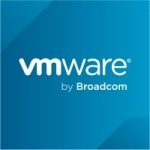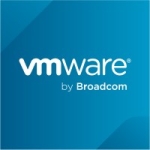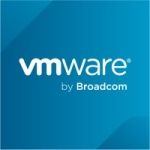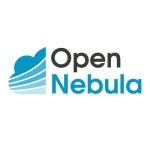What is most valuable?
It gives us the ability to look into problems which are happening within the environment. This helps us to mitigate those problems more quickly. Then, if we see an alert from vCenter, and have to go and search for stuff, we have the ability to see where the issue is coming from, also what other systems or other components could be affected.
How has it helped my organization?
It's sped up the ability to track all this stuff as well as mitigated the issues that have come up during an importation. After an importation, if someone changes stuff; we see that stuff in there.
What needs improvement?
I'd like to see more ease of creating dashboards. It seems that creating dashboards is more difficult than it probably could be; more of a wizard type of feel for creating dashboards for every single department.
In our environment, we have people who we don't want to see everything. We want them to see what they need to see, not everything else. It seems harder to create that. It's not like a GUI, where you can say, "I want this stuff in here, and this is what I want them to see."
When you see everything, you end up having way too much information. It's overload if you don't know what you're looking for. It would be helpful to be able to give management just enough for them to look at, or the SAN people, and not have to see every little thing.
What do I think about the stability of the solution?
We have had problems, but I think it was more from the original implementation, not necessarily the product itself. We found that people are adding a lot of plugins that we weren't using. They were taking a whole list of plugins and popping them into place, even though they weren't being used, which then sucked the life out of the product and made it, at some point, unusable. We removed the ones that we didn't need, and left the other ones in there, and it seems to work fine. It's doing everything we need it to do. It's alerting us to problems, and it's helping us fix those problems pretty regularly.
Buyer's Guide
VMware Aria Operations
December 2025
Learn what your peers think about VMware Aria Operations. Get advice and tips from experienced pros sharing their opinions. Updated: December 2025.
879,711 professionals have used our research since 2012.
What do I think about the scalability of the solution?
It seems to scale pretty well for us. Other places I've worked, they had problems with scalability only because of the way they implemented it originally. For us, it seems to be working just fine for that purpose.
How are customer service and support?
The first version we had in the environment, the problem was we seemed to have kept it longer than it should have, and it seemed that the technicians didn't have the knowledge about the old stuff. But after we upgraded, they seemed to be able to help us with any problems we had.
Which solution did I use previously and why did I switch?
We were using things like Syslog and other products. They really didn't give you the direct information, "This is what the problem is," or "This is having a problem and these are the things that it could be affecting the product." Down the chain, it could be affecting the host, or it could be affecting the VMs. This is what vROps really gives you, the ability to see and to drill into what's going on in with all the components. Syslog and other components like that, they just told you the symptom, "This is happening," but not necessarily what else could the problem.
Which other solutions did I evaluate?
I'm not sure which ones they looked at because that was before my time, but they did look at a lot of vendors. I believe one of them was WhatsUp Gold, but that was more of just a product the system pinged. It went down because you can no longer ping it, so that wasn't really good for us.
What other advice do I have?
We were trying to follow the validated design, which is part of VMware, and we needed some way of monitoring, which is one of the biggest problems.
We can't allow vCenter to do all the monitoring, to alert us. It doesn't give us enough information. There are a lot of products out there, and we just figured we'd use what they have in place, because it integrates much better than some of the others. I don't know about now, but originally the other ones didn't really integrate as well, with all the components including NSX and vSphere (and all the components underneath that), so that's why we decided to go with this.
The important things to look for are name recognition, reliability, and support. It's important that the support people have the knowledge to support the environment. Documentation and education, because you don't want to always be calling support for every little thing.
Test it out, put the demo in, or create a proof of concept.
Disclosure: My company does not have a business relationship with this vendor other than being a customer.

















